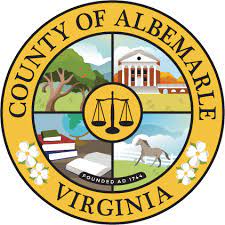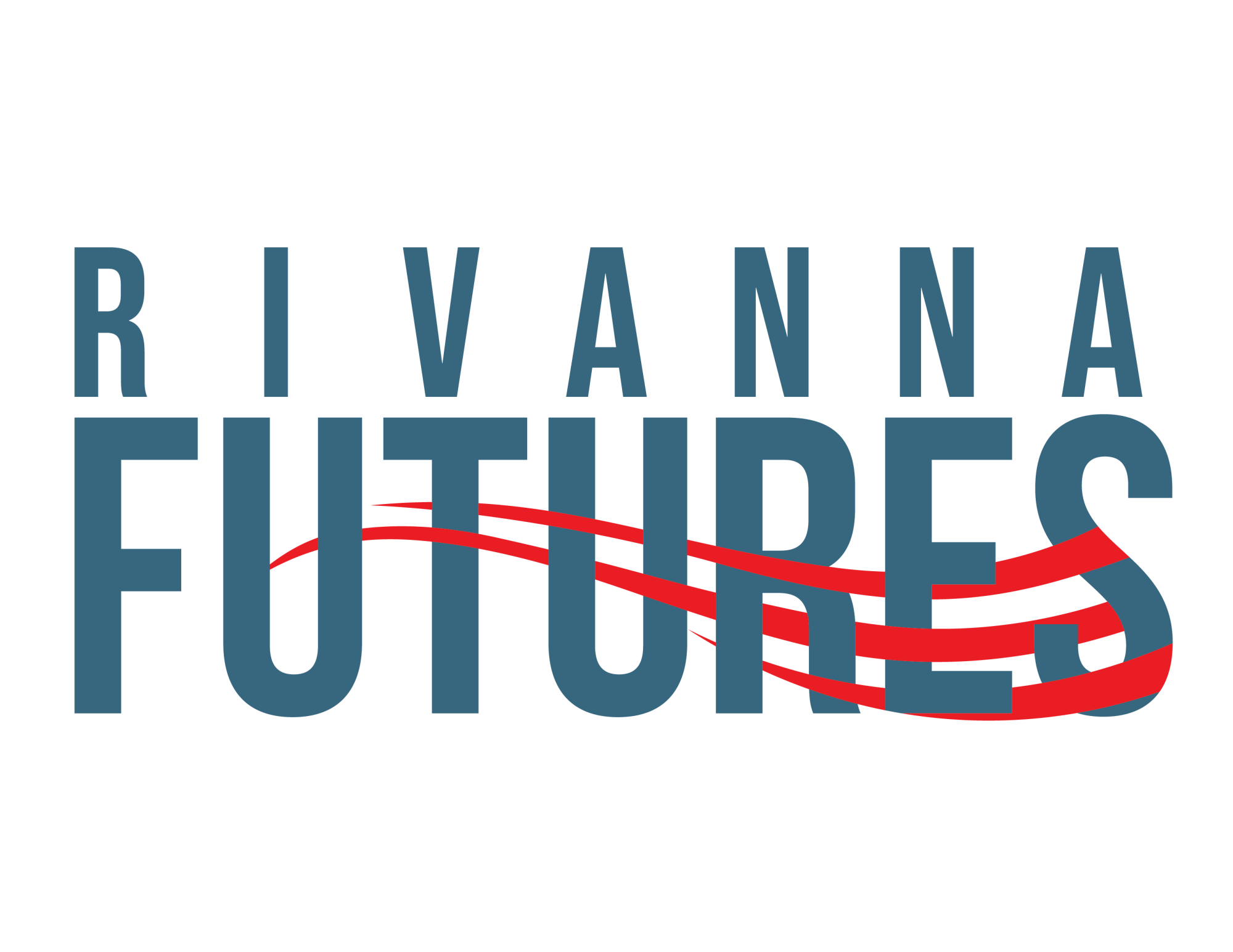At 11:57 p.m. on Monday night, Governor Youngkin sent out a press release that tallied the final results of the 1,046 bills that traveled across his desk after the regular session of the 2024 General Assembly.
“In total for the 2024 legislative session, the Governor signed 777 bills, he amended 116 bills and he vetoed 153 bills,” reads the release.
The vetoed bills range from HB1 (minimum wage increase) to SB719 (restrictions on isolated confinement). There was no veto of the budget but Youngkin made 233 amendments to the budget approved by the General Assembly. Check out “reading material” below for links to stories from other journalists.
Education proponents had hoped Youngkin would sign a bill to allow localities to levy sales tax increases to pay for school. He did not sign HB805 or SB14 and his veto statement does not indicate that a local referendum would have been required before the tax could be implemented.
“This proposal could result in a nearly $1.5 billion a year tax increase on Virginians,” Youngkin wrote. “Some localities would have a combined sales tax rate of eight percent, with no additional offsets, such as reduced income tax or property tax.”
Youngkin said his budget proposal, which was introduced on Monday, would increase spending on public schools by $1.2 billion over the biennium and also will increase access to construction loans.
During the development process for FY25, several local elected officials had anticipated the legislation would pass allowing additional resources to go to projects such as a new pre-K center in Charlottesville and construction of two elementary schools in Albemarle.
However, the draft budgets for both Albemarle and Charlottesville do not include any revenue expectations.
“We only spoke about this for the future but could not rely on it until it actually passed in the State budget and then also would have to be voted on and approved by referendum of the City voters,” said Afton Schneider, the city’s director of communications and public engagement.
Charlottesville City Council will vote on a final budget on April 15 following a public hearing on a proposed increase in the personal property tax rate. Albemarle Supervisors will vote on their final budget on May 1 after public hearings on April 17 and April 24.
Legislators will return to Richmond on August 17 to respond to Youngkin’s actions. Vetoes can be overturned with a two-thirds majority.
HB805 originally passed the House of Delegates on a 69 to 28 margin and the Virginia Senate voted on an amended bill on a 27 to 12 margin. The House of Delegates then approved the measure 71 to 26.
SB14 passed the Senate 27 to 13 and the House 68 to 28.

HB398 and SB586 would have prohibited, in most cases, public school students from being suspended, expelled, or kept out of class without first going through at least one “evidence-based restorative disciplinary practice.”
Youngkin’s veto statement cites an incident in Charlottesville last year.
“Virginia is in the midst of a school discipline crisis,” he wrote in this veto statement. “On November 17, 2023, twenty-seven Charlottesville High School teachers refused to come to school after a wave of classroom violence resulted in police being called to the school twice in one day.”
The incident prompted Charlottesville High School to be closed for several days before the Thanksgiving holiday as I reported at the time..
Other vetoed legislation I’ve not yet written about:
- HB26 would have allowed additional photo ID cards to be used for voter identification. This passed the House of Delegates 85 to 11 and the Senate 21 to 17. Youngkin said this would add “additional complexities for poll workers in discerning which forms of identification are acceptable.”
- Farm laborers are not subject to Virginia’s minimum wage laws. HB157 would have lifted that exemption. Youngkin’s veto statement said the market should determine those wages and margins are thin for agricultural producers.
- HB335 would have directed the Department of Labor and Industry to study whether tipped employees should have increased minimum hourly wages and what protections are in place to stop wage theft. Youngkin said hired minimum wages for tipped employees might lead to lower tips.
- HB63 would have allowed an accused party more time to withdraw a request to have a jury decide a punishment. (veto statement)
- HB110 would have ended a prohibition from allowing any entity or individual to accept compensation for being a surrogate parent. Youngkin’s veto statement gives a history of the practice since 1991 and said the ban on doing it for a profit helps guard against abuse.
- HB208 and SB595 would have permitted localities to include a “healthy communities strategy” in their Comprehensive Plan. Youngkin said localities have “sufficient powers” to regulate themselves. (read the statement)
- HB265 would have increased requirements for petitions to remove people from public office. Youngkin said “recall petitions are a tool for voters to hold public officials accountable.”
- HB354 would have directed the Board of Health to adopt regulations for swimming pools. Youngkin said current regulations are sufficient.
- HB405 would direct both the State Corporation Commission and the Department of Housing and Community Development to provide technical assistance to the Commission on Electrical Utility Regulation on the deployment of electrical vehicle charging facilities in new developments. Youngkin said the Commission is too new and the bill is unnecessary.
- HB457 would have established criteria for when a defendant could have their probationary period end without a judicial hearing. Youngkin said in the statement this would remove oversight from the courts.
- HB529 would have granted all Virginia localities the authority to require tree conversation or tree replacement in the development process. This would have extended authority that already exists in the 60 percent of Virginia cities and counties that are within the Chesapeake Bay watershed, and Youngkin said that was enough.
- HB570 and SB274 would have created the Prescription Drug Affordability Board to seek ways to bring down the cost of medications. Youngkin said there would be unintended consequences and that a legislative approach would be more appropriate.
More on the bills that passed and the bills that were amended before the April 8 deadline.
Before you go: The time to write and research of this article is covered by paid subscribers to Charlottesville Community Engagement. In fact, this particular installment is from the April 9, 2024 edition of the newsletter. To ensure this research can be sustained, please consider becoming a paid subscriber or contributing monthly through Patreon.













